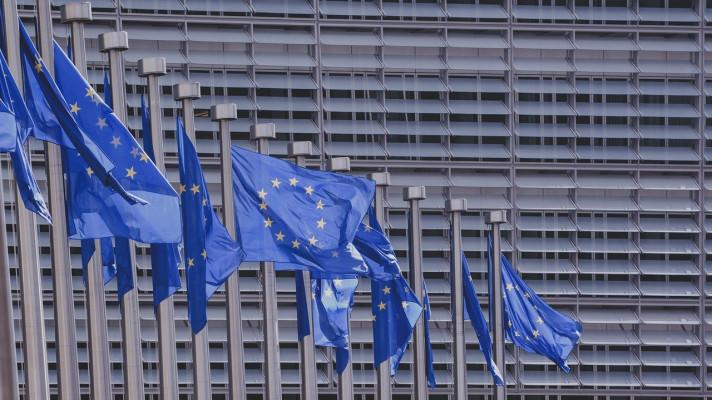Evropský parlament vydal usnesení vyzývající, aby kohezní financování i nadále proudilo do všech regionů v EU. Poslanci tímto vyjádřili obavy ze změny financování, kdy by přístup k financím byl omezen pouze na méně rozvinuté regiony. Dle poslanců by to byl špatný přístup, zbrzdil by se pokrok v politických prioritách celé EU.
Dále vyzývají k udržení stejného rozpočtu pro kohezní politiku. Kohezní politika totiž, mimo jiné, dokáže odpovídat i novým výzvám (např. obrana či integrace uprchlíků). Politika soudržnosti, dle EP, ale také nedokáže řešit vše - proto vyzývají k vytvoření specifického finančního mechanismu pro nejvzdálenější regiony na integraci migrantů, které čelí vyššímu migračnímu tlaku.
Evropský parlament přijal usnesení, že kohezní financování má i po roce 2020 proudit do všech regionů v EU
Source: http://www.europarl.europa.eu
EU cohesion funding must continue to go to all EU regions after 2020, MEPs say
- Cohesion policy coverage of all EU regions "a red line" for Parliament
- MEPs worry that EU Commission may propose cutting the cohesion policy budget
- Cohesion policy should not be present as the sole solution to each and every crisis
All EU regions should go on getting enough EU and national money to co-fund their regional development projects after 2020, MEPs say.
The EU cohesion policy budget must remain large enough after 2020 to fund EU investments in regional development projects that are capable of meeting current and future challenges, say MEPs in a non-legislative resolution passed by 506 votes to 71, with 45 abstentions.
They stress that concentrating cohesion policy on the EU's least-developed regions "would hinder progress in political priorities of the whole European Union".
Concerns over upcoming post-2020 EU budget proposals
MEPs are "extremely concerned" that many EU regions would be excluded from the scope of cohesion policy in the scenarios recently presented by the EU Commission for the EU's long-term budget, the Multi-annual Financial Framework (MFF).
They call for an ambitious budget to match the challenges faced by the regions, and say that cohesion policy must not be made an "adjustment variable", stressing that cohesion policy "coverage of all EU regions is a 'red line' for the European Parliament".
Cohesion policy is not a solution to all crises
Employment, social inclusion, fighting poverty, supporting innovation, digitalisation, support for SMEs and start-ups, climate change, the circular economy and infrastructure should constitute priority areas for future cohesion policy, says the text. Cohesion policy can also help to meet new challenges, such as security or the integration of refugees under international protection, but "it cannot be the solution to all crises", it adds.
Migrants in the Outermost regions
A specific post-2020 financing mechanism must be created under Article 349 TFEU to integrate migrants in the outermost regions, which have to cope with greater migratory pressure owing to their specific characteristics, and thus contribute to their sustainable development, says the text.
Quote
Rapporteur Marc Joulaud (EPP, FR) said: "Cohesion policy is vital for our countries because it allows us to fund different projects, SMEs, vocational training as well as regional cooperation and it makes Europe tangible at its grassroots."
Background
Data on EU cohesion policy contributions to growth, jobs, transport, energy, the environment, education and training in the 2014-2020 programming period, including help for 1.1 million SMEs; are set out in the Seventh Cohesion Report, published by the European Commission in October 2017.
These contributions led directly to the creation of extra 420,000 new jobs, helped more than 7.4 million unemployed people to find jobs and over 8.9 million people to gain new qualifications.
The Commission will present its proposals in May for the next Multiannual Financial Framework and the regulatory framework for the next European Structural and Investment Funds after 2020.
Current EU funding for regional and cohesion policy projects proposed by EU countries to create growth and jobs and reduce economic gaps between EU regions amounts to EUR351.8 billion, or 32.5% of the EU budget for 2014-2020.
Sdílet článek na sociálních sítích
